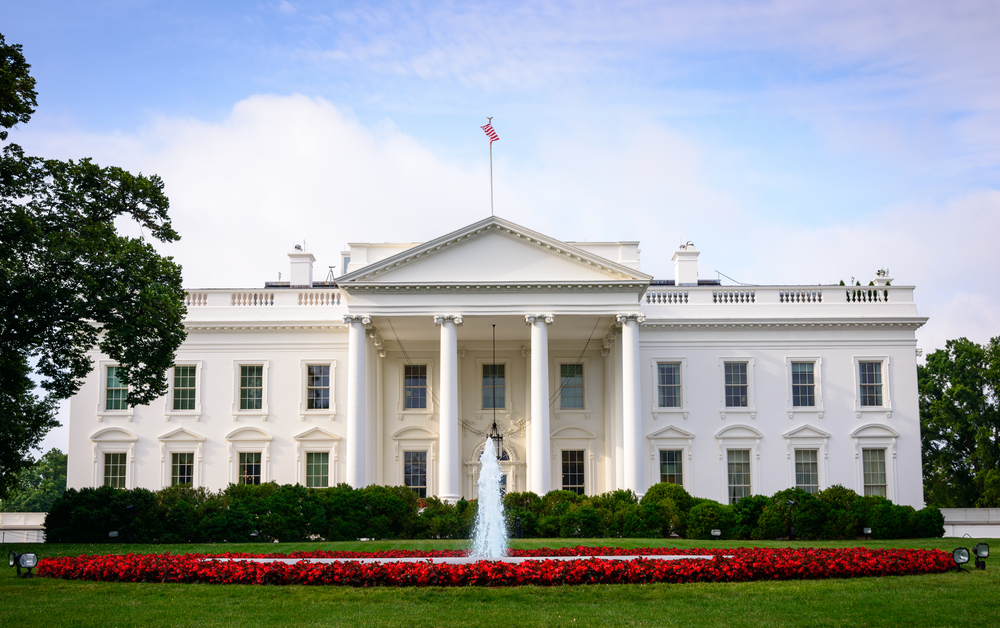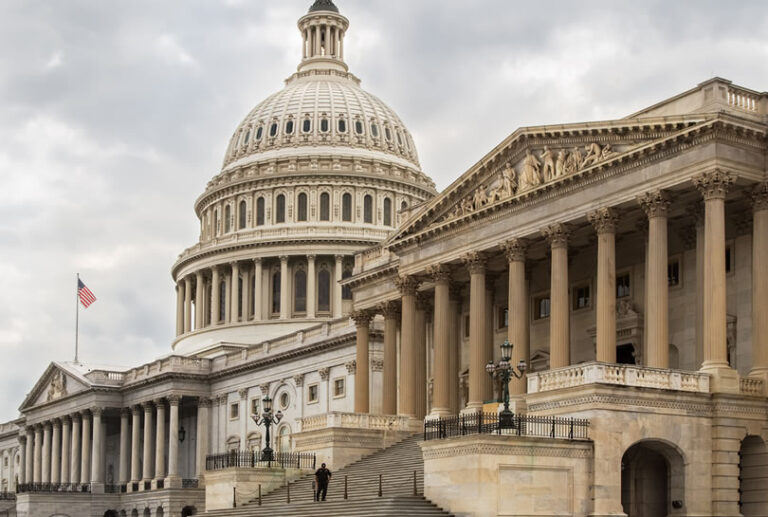Oct. 21, 2021—Nine months into President Joe Biden’s administration, he has still not nominated a candidate to take the helm at the Food and Drug Administration (FDA). Amid the COVID-19 pandemic and other pressing healthcare issues, the pressure is rising for a permanent FDA commissioner, but many of the frequently-named frontrunners for the position appear to have fallen off the radar. The Washington Post, Politico, and other sources are now reporting that the leading FDA commissioner candidate is someone who had not been widely mentioned – former Commissioner Dr. Robert Califf.
“Although his return to the FDA (if he is in fact nominated) would come as a surprise, it also would make a lot of sense: Dr. Califf would be a strong choice who ticks most of the boxes as a candidate for this difficult role,” said Jon Bigelow, executive director of the Coalition for Healthcare Communication.
“Like the last permanent FDA Commissioner, Dr. Stephen Hahn, Dr. Califf is a respected scientist. Unlike Dr. Hahn, he also would come to the position with a clear understanding of how the FDA operates and a background in the key policy issues,” Bigelow said. “He is well-known and respected among key stakeholders, including agency staff, biopharma, and Congress. Also, because Dr. Califf’s FDA service overlapped with the Cancer Moonshot initiative that was a major focus for then-Vice President Biden, there’s a useful personal connection.”
Califf is an internationally-recognized authority in cardiology and health outcomes research, with more than 1,200 publications in the peer-reviewed literature. Before his prior FDA tenure, he was professor of Medicine and vice chancellor for Clinical and Translational Research at Duke University.
He spent roughly two years at the FDA late in the Obama administration – beginning in February 2015 as deputy commissioner for Medical Products and Tobacco, then from February 2016 to January 2017 as commissioner. Following his FDA service, Califf resumed his endowed professorship at Duke and additionally became head of Clinical Policy and Strategy at Verily, the Google life science spin-off.
Dr. Janet Woodcock has been acting commissioner since Jan. 20, 2021, but under federal law she can remain in that role only until Nov. 16, 2021, unless either she or someone else is nominated by that date. This deadline likely will prompt the Biden administration to act. The Senate confirmation process took roughly six weeks for each of the last two permanent FDA commissioners, but this time it could drag out longer given the December deadlines on the federal budget and raising the debt limit, ongoing negotiations on the infrastructure and Build Back Better legislation, and the holiday recess.
Woodcock’s own candidacy for the permanent role reportedly has been weakened by opposition from key senators whose votes Biden needs on priority legislative initiatives. Early indications are that Califf would face good prospects for confirmation.
When Califf was nominated to be FDA commissioner in 2016, he won confirmation by a vote of 89-4, and 65 of the 89 senators who voted in his favor then are still in office. Of the four senators who voted “no,” three are still in office – Richard Blumenthal (D-Conn.), Joe Manchin (D-W.Va.), and Ed Markey (D-Mass.). Their concern was that Califf would not take a strong enough position in working to reverse the opioid crisis. As commissioner, Califf conducted a review of the FDA’s opioid policies and outlined a new strategy; whether these three senators would still vote against him is unclear.
Still, during confirmation hearings questions may be raised about Califf’s ties to biopharma companies that have supported clinical trials. Some senators may bring up concerns over Verily’s use of patient data; in these hyper-partisan times, some Republicans might now vote against anyone Biden nominates, even if it means reversing their prior votes, and the position of Manchin in particular is likely to be important in Biden’s political calculus.
If Califf is nominated and confirmed, immediate priorities will include approvals of COVID-19 vaccines and therapies, regulation of vaping devices, and finalizing the next Prescription Drug User Fee Act, among others. More broadly, Califf presumably will want to improve the FDA’s messaging and bolster its public credibility and internal morale after a series of controversies over the past two years.
In May 2017, delivering the keynote address at the Coalition for Healthcare Communication’s Rising Leaders Conference, Califf expressed his concerns over disparities in health outcomes between urban and rural areas, and emphasized the importance of the FDA effectively communicating about innovations and safety issues not just to a narrow set of stakeholders, but to the American public.




